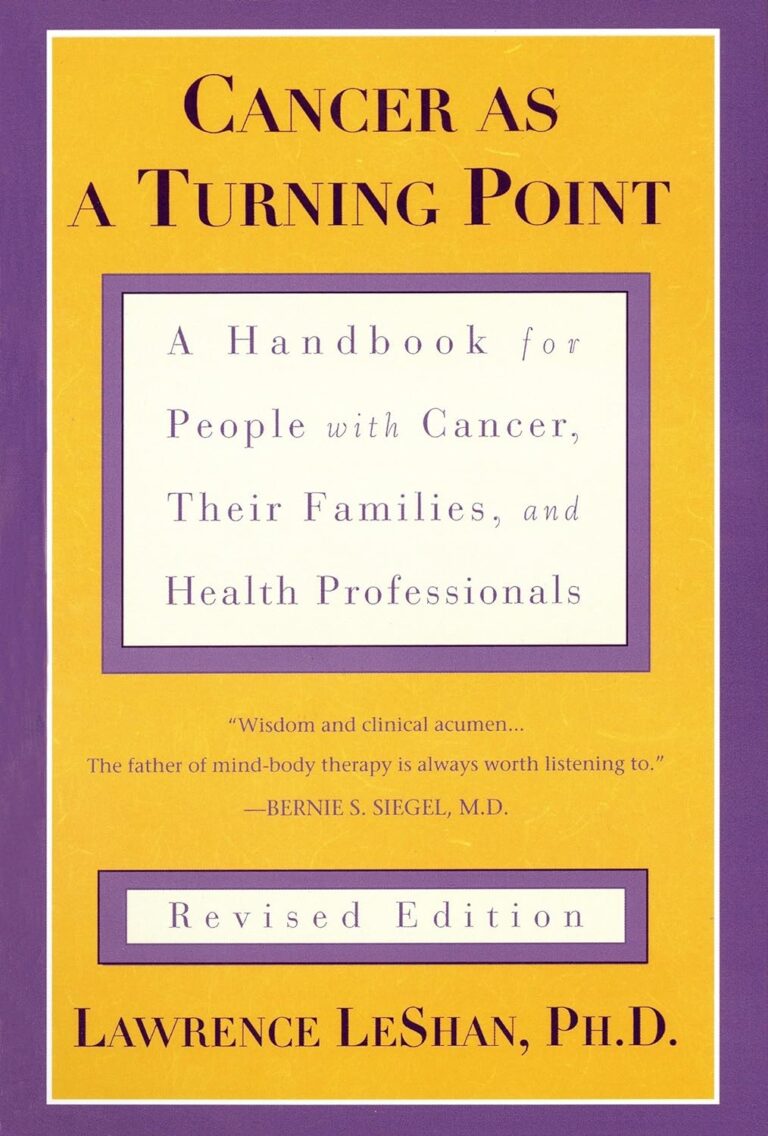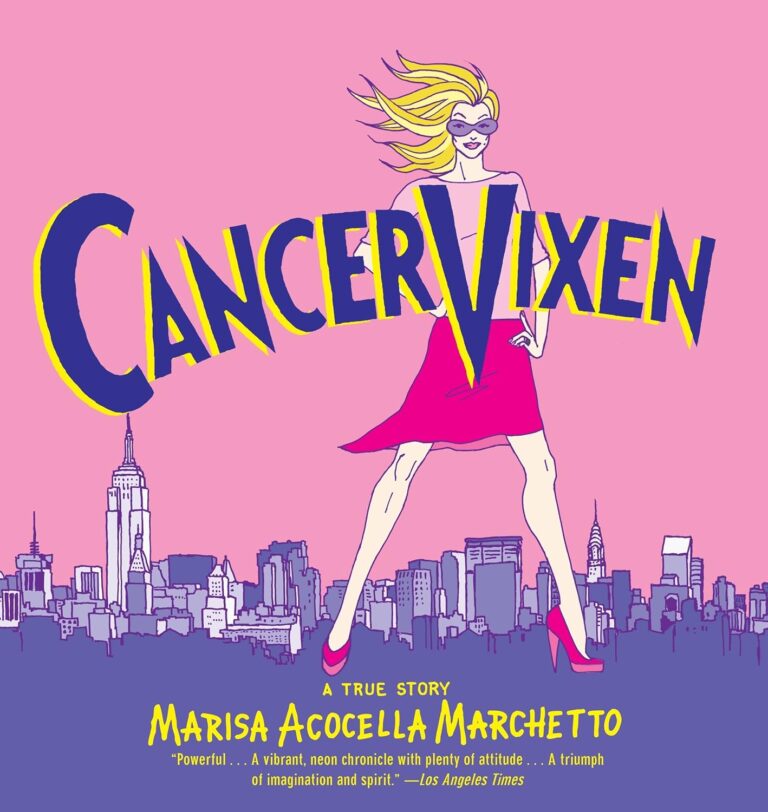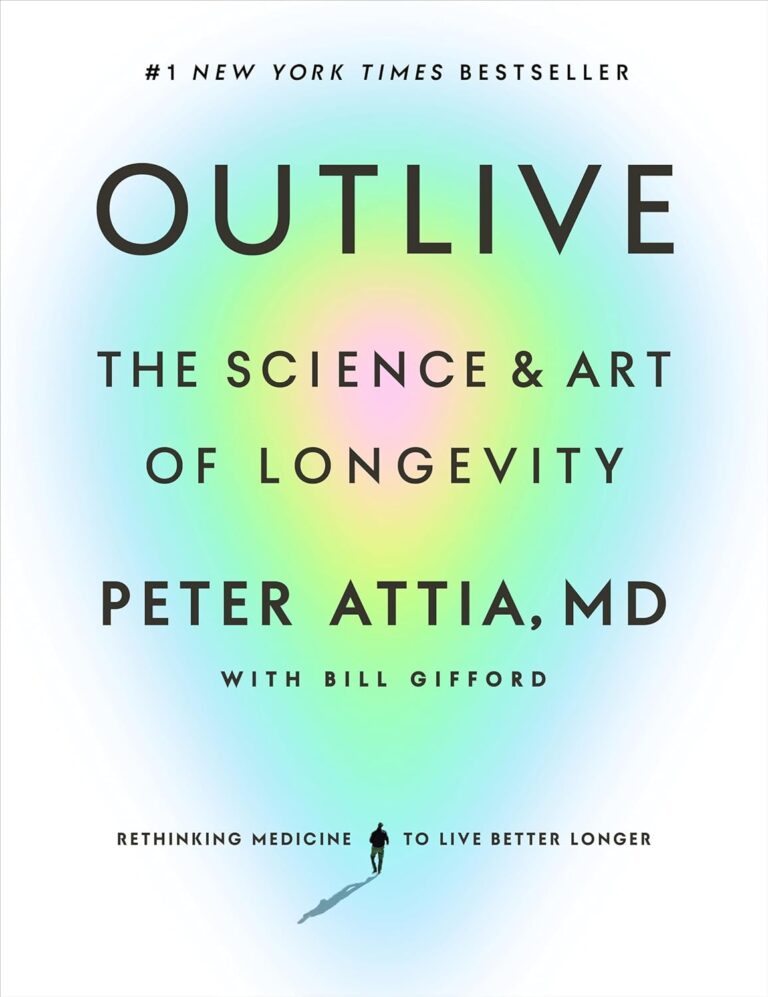
Pregled
Rijetki karcinomi su oni koji se javljaju u manje od 6 slučajeva na 100 000 ljudi godišnje. Oni su različiti i mogu se pojaviti u bilo kojem dijelu tijela, što ih čini složenima za dijagnosticiranje i liječenje. Primjeri uključuju rak žlijezda slinovnica, oka i određene vrste sarkoma.
Ključne informacije
Rijetki karcinomi čine oko 20% svih karcinoma dijagnosticiranih u svijetu. Predstavljaju jedinstvene izazove zbog niske stope incidencije, što dovodi do manjeg financiranja istraživanja i manjeg broja kliničkih ispitivanja. To često rezultira ograničenim mogućnostima liječenja i nedostatkom specijaliziranih pružatelja zdravstvenih usluga.
Klinički značaj
Rijetkost ovih karcinoma otežava ih proučavanje, što dovodi do praznina u razumijevanju njihove biologije i optimalnih strategija liječenja. Međutim, proučavanje rijetkih vrsta raka može dati uvid u biologiju raka koji bi mogao biti od koristi i uobičajenim vrstama.
Liječenje i upravljanje
Liječenje rijetkih vrsta raka obično uključuje kombinaciju operacije, terapije zračenjem i kemoterapije. Zbog svoje rijetkosti, planovi liječenja često su prilagođeni i mogu uključivati eksperimentalne terapije ili sudjelovanje u kliničkim ispitivanjima. Multidisciplinarni timovi ključni su za učinkovito upravljanje ovim slučajevima.
Resursi za pacijente
Pacijenti s rijetkim karcinomima mogu pronaći podršku i informacije preko organizacija kao što su Nacionalna organizacija za rijetke poremećaje (NORD) i Savez za rijetke rakove. Te organizacije pružaju obrazovne materijale, povezuju pacijente s kliničkim ispitivanjima i nude emocionalnu podršku.
Često postavljana pitanja
- Što čini rak rijetkim?
Rak se smatra rijetkim ako pogađa manje od 6 od 100 000 ljudi godišnje.
- Zašto je rijetke vrste raka teško liječiti?
Teško ih je liječiti zbog ograničenih istraživanja, manje mogućnosti liječenja i nedostatka specijaliziranog znanja među pružateljima zdravstvenih usluga.
- Kako pacijenti mogu pronaći klinička ispitivanja za rijetke vrste raka?
Pacijenti mogu pronaći klinička ispitivanja putem izvora kao što je ClinicalTrials.gov ili konzultirajući se sa svojim pružateljima zdravstvenih usluga i centrima za rak.

















Comments
Thank you. Comment sent for approval.
Something is wrong, try again later